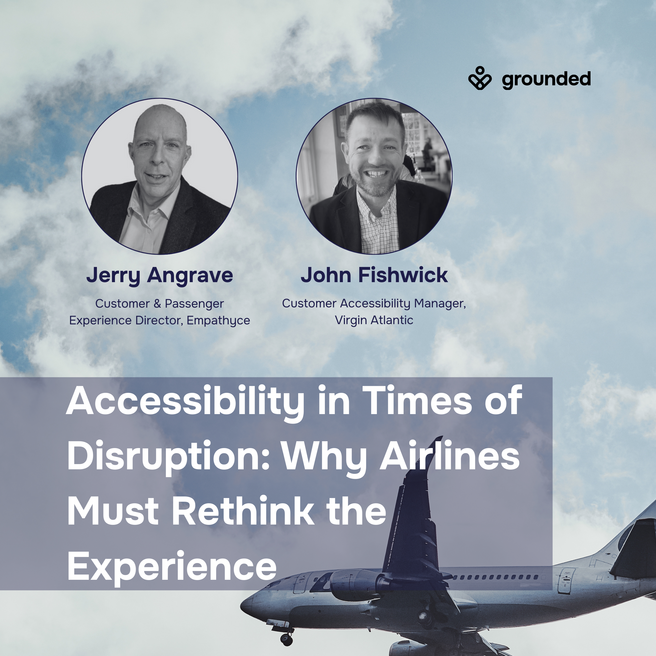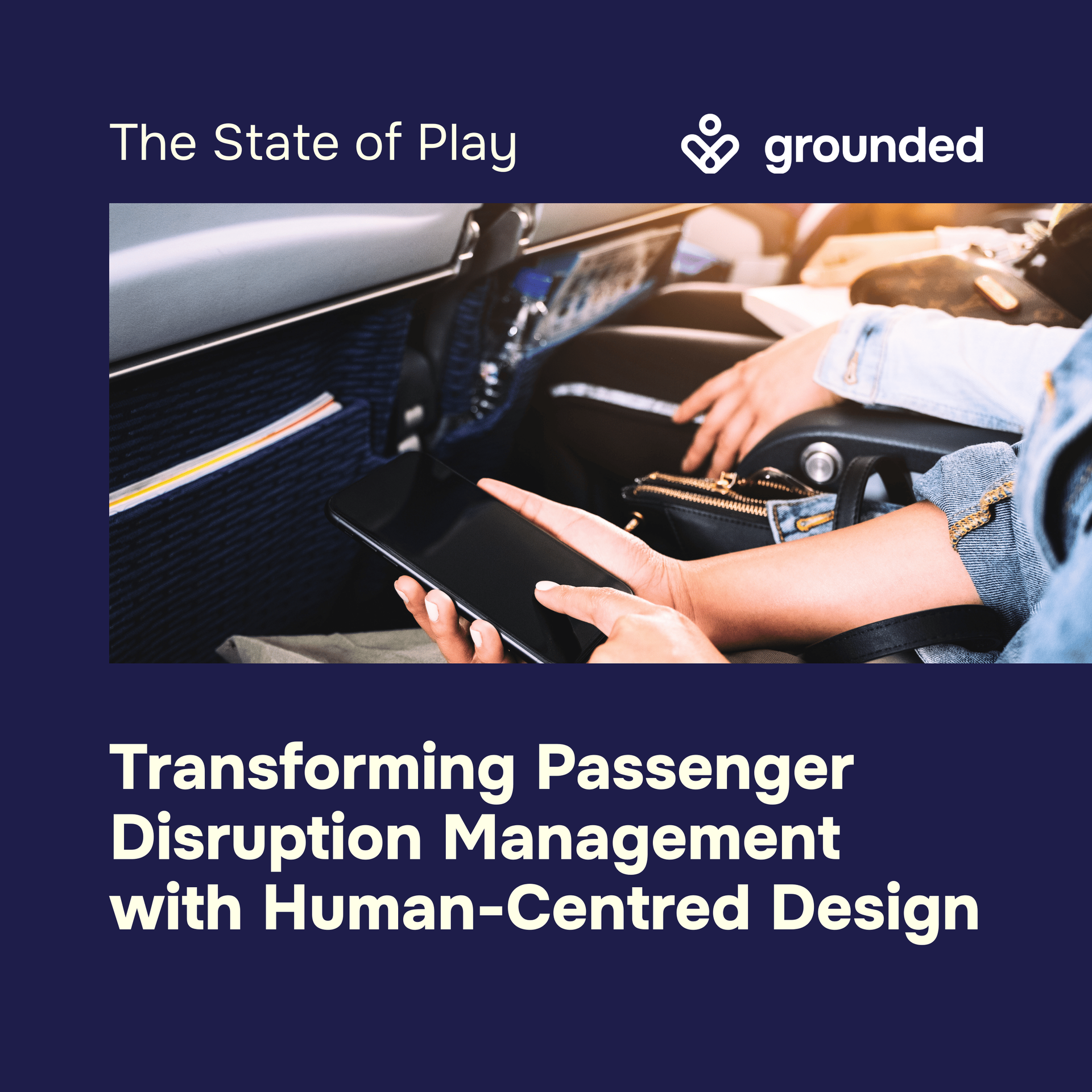Airline Leaders from the Top Airlines Descend on Reykjavik this September for Passenger Disruption Summit
Reykjavik, Iceland – This September, more than 150 senior leaders from over 50 global airlines will convene in Reykjavik for Grounded 2025, the only airline summit dedicated entirely to solving passenger disruption. Hosted by disruption management specialists Plan3, the second annual Grounded summit will take place September 9–10 at the iconic Harpa Convention Centre.
Designed exclusively for airline decision-makers—including Heads of IOCC, Operations, Customer Experience, and IT & Innovation—Grounded offers a unique space to explore forward-thinking strategies, technologies, and cross-functional collaboration to improve disruption response across the passenger journey.
To ensure a focused environment for those shaping the future of airline operations and customer experience, attendance is free but strictly for airline leaders tasked with solving passenger disruptions.
Diederik-Jan Bos, Director of Operations at SAS expressed:
“I firmly believe in the value of collaboration and learning from others which is why I highly recommend that other airlines participate in Grounded 2025. Bringing together those who manage teams dealing with daily disruptions and the impact on the passenger journey fosters meaningful, in-depth discussions focused on real-world challenges.”
Jenia Rasekhi, Director of Customer Strategy & Innovation at United said:
“Grounded brought together top airline leaders for invaluable peer-to-peer learning and it was fantastic to see the different approaches – a must for airlines looking to do passenger disruption management better."
Ryan Daniels, Head of OCC & Customer Care at TUI Airways stated:
“An energising conference, an informative, and interactive session, hosted in beautiful Iceland; building relations and partnerships across the industry to enhance the customer experience. Honestly, one of the best conferences I have ever been to.”
Sveinn Akerlie, CEO at Plan3 [and former CIO at WOW air] added:
“Those responsible for managing passenger disruptions are among the hardest-working people in travel. Since airlines don’t compete on safety or service recovery, Grounded creates a rare space for honest, practical collaboration. It brings together the right stakeholders for real-world insights, frank discussion, and actionable takeaways. Attendees will not only leave with fresh ideas to improve disruption strategies—but also a taste of Icelandic hospitality and a sense of renewal.”
Want to Be Part of the Future of Disruption Management?
Join us at Grounded 2025
📍
Reykjavik | Sept. 9–10
💡
150+ airline leaders. Real-world case studies. Zero vendor fluff.
MEDIA


